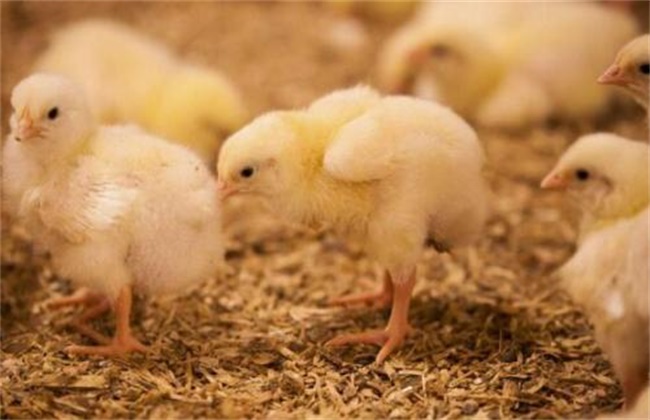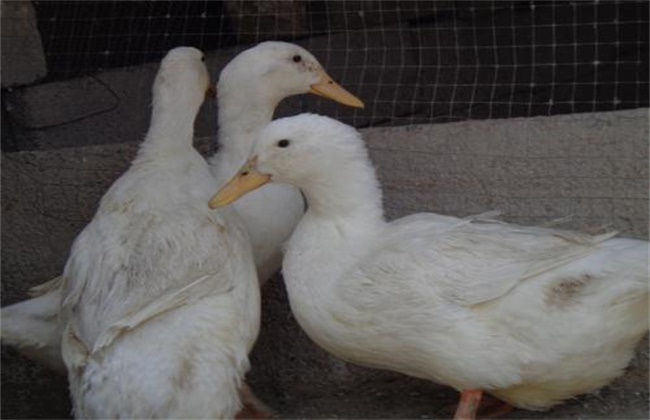How do ducklings peck at their feathers?
Duck feather pecking is a more important thing, it will not inexplicably appear such a situation, if found that there is this disease had better be dealt with in time, because this shows that there is a greater hidden danger, the following to understand the cause of this!

1. Poor environmental conditions
This is a big reason, because this is also relatively common, such as high temperature, high culture density, excessive indoor harmful gases, and so on, all of which will lead to such a situation, and this is generally seen in groups, posing a greater threat. In daily life, people may not pay much attention to environmental problems, but its impact on duck feather pecking exists all the time. Every day, we must pay more attention to this problem and reduce the occurrence of feathering. Only in this way can the ducklings get through this weak stage quickly.
2. Lack of nutrition
Ducks are omnivorous poultry, eating vegetables, small fish and shrimp and so on. In fact, this is just to supplement all kinds of trace elements it needs. When these elements are insufficient or often do not have enough to eat, ducklings will have depilation, especially when the lack of trace elements is more likely to lead to this situation. When depilating, ducklings will peck at their hair, because this will make him uncomfortable. This is why we often see ducks losing weight and still pecking. Daily feed allocation should be done to ensure the nutritional needs of ducklings in all aspects as far as possible.
3. External stimulation
Ducks can't be stimulated very often. The stimulation here refers to the physical aspect and the germ aspect. Physical stimulation means that ducklings receive a sudden shock, which leads to their own panic, and then some ducks peck at their feathers. In terms of germs, it means that some duck houses have more germs and are not cleaned up in time. In such an environment for a long time, ducks will slowly feel itchy and then peck at their feathers to make themselves more comfortable. But the more it destroys the wound, the more germs there are and the more frequently it pecks, which is the cause of hair pecking caused by external stimulation.
4. Parasites
I believe that needless to say, many ducks peck at their feathers for this reason. Some parasites hide on ducks, and when they feed on nutrients, they make the ducks feel itchy and cause pecking habits. For this reason, the big wool pecking is relatively light, and in serious cases, it will make the ducks directly peck at the meat, causing a lot of scars. Daily sterilization should also remember to deworming, the parasites on ducklings actually spread very quickly, coupled with the reasons why ducklings are relatively dense, it is easy to lose.
Find that ducklings have this situation, do not ignore it, it is best to carefully examine what is going on, to see why in the end for this reason. In this way, the problem can be solved in time.
Related
- On the eggshell is a badge full of pride. British Poultry Egg Market and Consumer observation
- British study: 72% of Britons are willing to buy native eggs raised by insects
- Guidelines for friendly egg production revised the increase of space in chicken sheds can not be forced to change feathers and lay eggs.
- Risk of delay in customs clearance Australia suspends lobster exports to China
- Pig semen-the Vector of virus Transmission (4)
- Pig semen-the Vector of virus Transmission (3)
- Five common causes of difficult control of classical swine fever in clinic and their countermeasures
- Foot-and-mouth disease is the most effective way to prevent it!
- PED is the number one killer of piglets and has to be guarded against in autumn and winter.
- What is "yellow fat pig"? Have you ever heard the pig collector talk about "yellow fat pig"?



